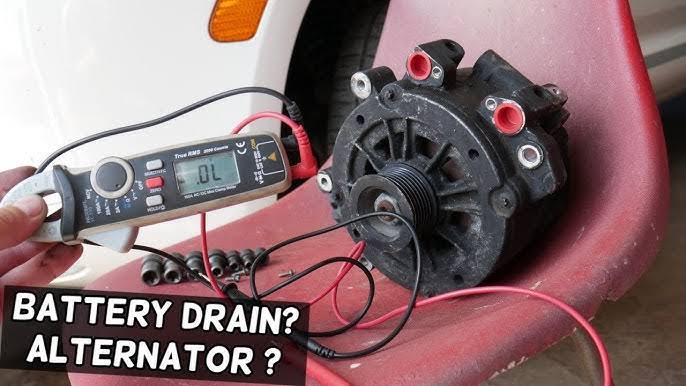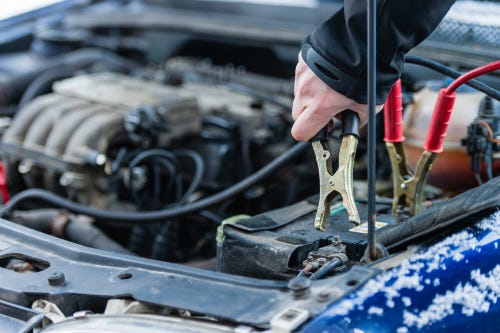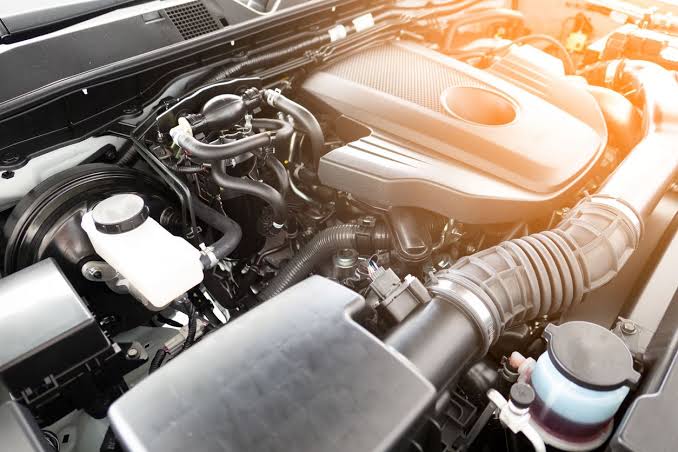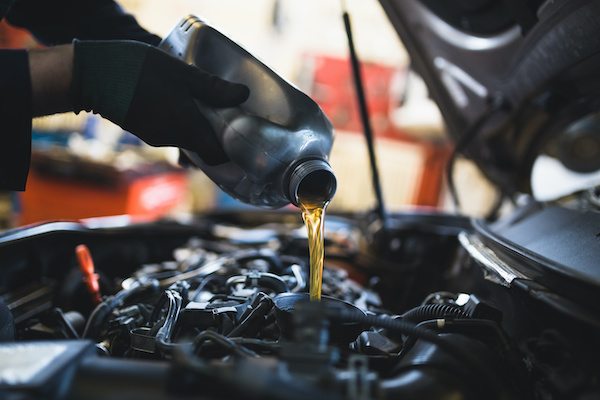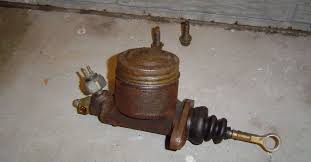Does a Water Pump Make Noise When Bad?

A vehicle’s water pump plays a crucial role in maintaining the engine’s temperature by circulating coolant through the engine and radiator. When it begins to fail, one of the warning signs is unusual noise. Understanding the sounds a failing water pump might make and recognizing other symptoms can help prevent more serious damage to your engine.
What Is a Water Pump and Its Role?
1. Purpose of the Water Pump
The water pump ensures that coolant flows through the engine and radiator, keeping the engine at an optimal temperature.
2. Location of the Water Pump
Typically, the water pump is located at the front of the engine and is driven by a belt or the timing chain, depending on the vehicle’s design.
Does a Failing Water Pump Make Noise?
1. What Noises Does a Bad Water Pump Make?
A failing water pump can produce several distinct sounds, including:
- Grinding or Rumbling Noise:
This is often caused by worn-out bearings inside the water pump. When the bearings fail, they create friction, resulting in a grinding or rumbling sound. - Squealing Noise:
A loose or worn water pump pulley can produce a high-pitched squeal. This sound may become more pronounced as the engine revs up. - Clicking or Ticking Noise:
If the water pump’s impeller is damaged or loose, it may create a ticking or clicking noise as it spins.
2. When Do These Noises Occur?
These noises typically occur while the engine is running. They may intensify as the engine warms up or as the RPMs increase.
Other Signs of a Bad Water Pump
In addition to noise, several other symptoms can indicate a failing water pump:
1. Coolant Leaks
A bad water pump may develop leaks due to a damaged gasket or seal. Look for puddles of coolant under your vehicle or dried coolant residue near the pump.
2. Overheating Engine
A failing water pump cannot circulate coolant effectively, leading to engine overheating, especially during long drives or in hot weather.
3. Steam from the Engine Bay
If the engine overheats severely, you may notice steam coming from under the hood. This is a serious issue that requires immediate attention.
4. Low Coolant Levels
A bad water pump may cause coolant loss through leaks, leading to a drop in coolant levels.
5. Loose or Wobbling Pulley
The water pump pulley may become loose or wobble due to internal damage, causing vibration and noise.
Causes of Water Pump Failure
1. Worn Bearings
Bearings inside the water pump wear out over time, leading to grinding or rumbling noises.
2. Corrosion
Rust or corrosion can weaken the water pump’s housing or impeller, reducing its effectiveness.
3. Age and Wear
Most water pumps are designed to last between 60,000 and 100,000 miles. Over time, components wear out, making failure more likely.
4. Improper Coolant
Using the wrong type of coolant or failing to replace it regularly can cause deposits or corrosion that damage the water pump.
What to Do If Your Water Pump Is Making Noise
1. Inspect for Visual Damage
Check for visible signs of wear, such as coolant leaks, rust, or wobbling pulleys.
2. Listen to the Noise
If you hear unusual sounds coming from the water pump area, try to identify the type and source of the noise.
3. Check Coolant Levels
Low coolant levels can indicate a leak, which may be related to a failing water pump.
4. Consult a Mechanic
If you suspect a bad water pump, have a professional mechanic inspect and diagnose the issue. Prompt repairs can prevent further damage to the engine.
Can You Drive with a Bad Water Pump?
Driving with a failing water pump is not recommended. A malfunctioning pump can lead to overheating, which can cause severe engine damage, such as a blown head gasket or warped cylinder heads.
Preventing Water Pump Failure
1. Regular Maintenance
- Replace coolant according to your vehicle manufacturer’s recommendations to prevent corrosion and buildup.
- Inspect the water pump and related components during routine maintenance.
2. Replace the Timing Belt or Serpentine Belt
If your water pump is driven by the timing belt or serpentine belt, replace both components at the same time to ensure proper operation.
3. Use the Correct Coolant
Always use the coolant type specified in your vehicle’s owner manual to avoid damage to the water pump.
FAQs
1. How long does a water pump last?
Most water pumps last between 60,000 and 100,000 miles, but this can vary depending on the vehicle and maintenance.
2. How much does it cost to replace a water pump?
Water pump replacement costs typically range from $300 to $700, including parts and labor, depending on the vehicle and location.
3. Can a bad water pump cause engine damage?
Yes, a failing water pump can lead to engine overheating, which can cause severe damage if not addressed promptly.
4. How can I confirm the water pump is the source of the noise?
A mechanic can perform a diagnostic test to confirm if the water pump is causing the noise or if another component is to blame.
Conclusion
A bad water pump can make a variety of noises, including grinding, squealing, or ticking sounds. These noises, combined with symptoms like coolant leaks or engine overheating, are clear signs that the water pump may be failing. Prompt attention to these warning signs can prevent costly engine damage. Regular maintenance and timely replacement of the water pump can ensure your vehicle runs smoothly and efficiently.
Also Check:
• Does a Bad Water Pump Cause Overheating?
